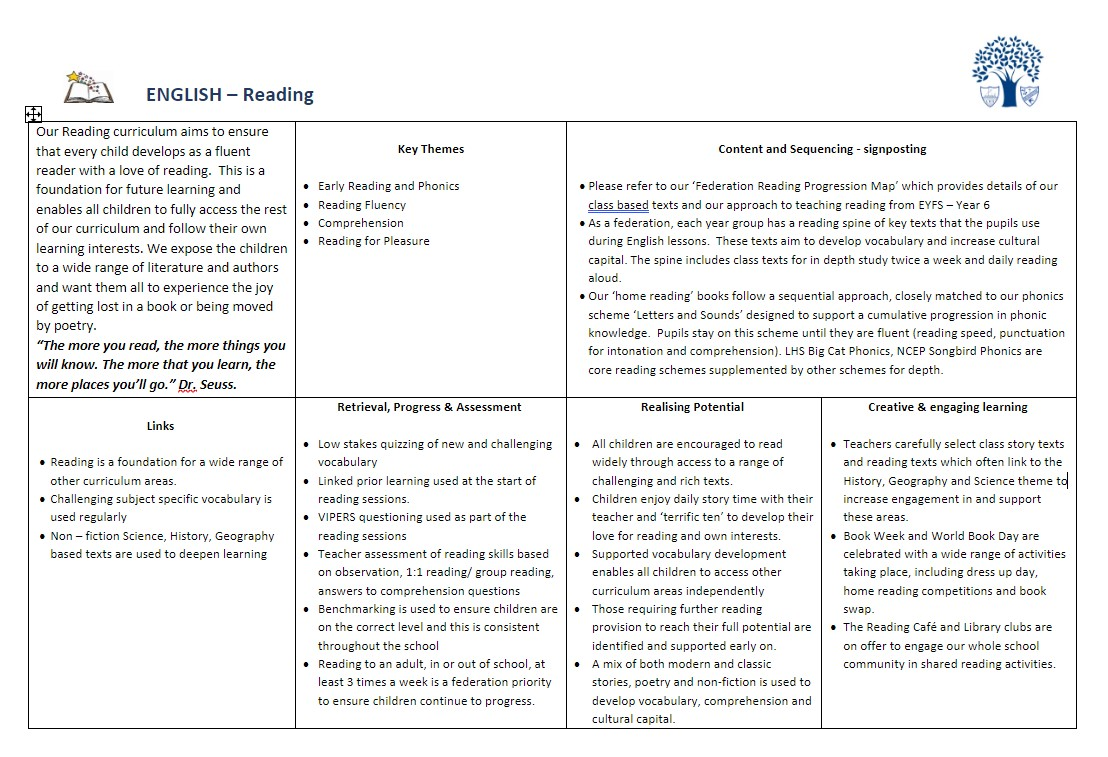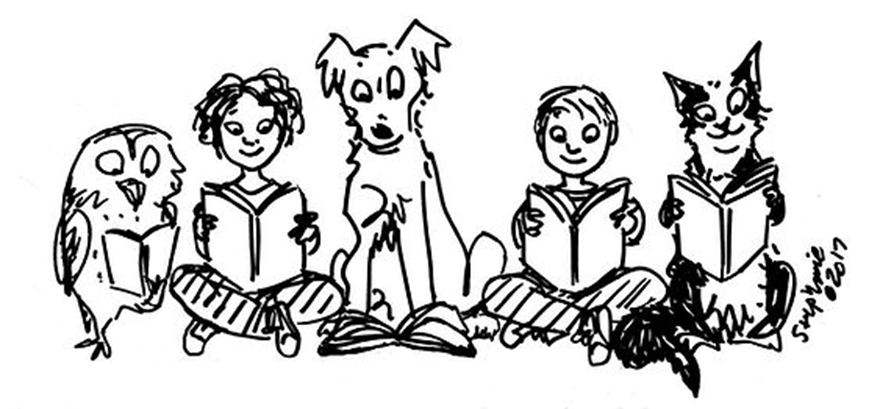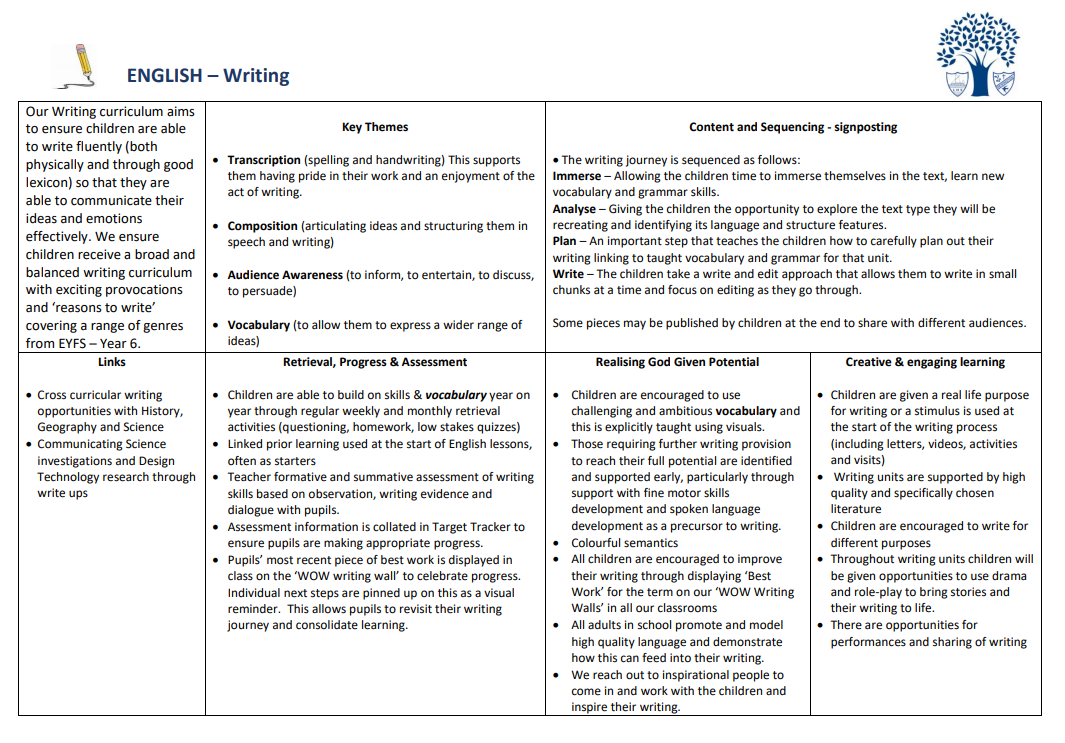English
Writing
Reading

Reading at Home
Reading at home with your child has extraordinary benefits not only for their ability to read, but it also fosters their imagination, improves confidence, builds closer relationships with families and can help improve their well-being.
Here are the top 20 tips from our families for reading at home:
- Enjoy the privilege of helping your child learn to read and praise their efforts.
- Have books available if children wake up early in the morning. They can read!
- Make reading a priority over TV/screens, showing children the importance of reading.
- Share a bedtime story at all ages. Sometimes use school books at this time.
- Set an example and read – not just from screens. Reading can be very relaxing.
- Visit the library as often as possible, so your children can have a variety of books to choose from.
- Set up a ‘quiet time’ in your home; no TV or devices. Start 10 minutes and see how long you can achieve. Call this ‘reading time’.
- Adults and children should realise that home reading is the ‘homework’ set by school.
- Don’t make reading a chore, if it becomes so - find ways around it!
- Remind children about the school reward system – currently extra playtime.
- Create a home reward system for reading – acts as a reminder to children and adults. Perhaps a small treat at the weekend.
- Older children can be supervised while an adult is cooking dinner. They can read to an adult or to themselves.
- If after school is challenging, squeeze a read in before school. It is possible!
- If you travel by car, ask the children to read a suitable amount in the car.
- If more than one adult is in the home, take turns with the children or perhaps read to the dog!
- Take reading books to read and show off to relatives if you visit them. It all counts as a read.
- If you are aiming for at least three reads a week, bank some at the weekend when you may have more time.
- Being flexible rather than having a routine may suit some but still make sure the children read.
- For many children reading little and often works well.
- Think whether eBooks or real books suit your child.
For more information, visit: https://assets.publishing.service.gov.uk/media/5a7c18d540f0b61a825d66e9/reading_for_pleasure.pdf

Phonics
At Newington we use 'Little Wandle Letters & Sounds Revised' to teach phonics and the early stages of reading.
Please follow the link below for more information about the scheme, useful tips for reading at home and further guidence:
For parents - Letters and Sounds (littlewandlelettersandsounds.org.uk)

